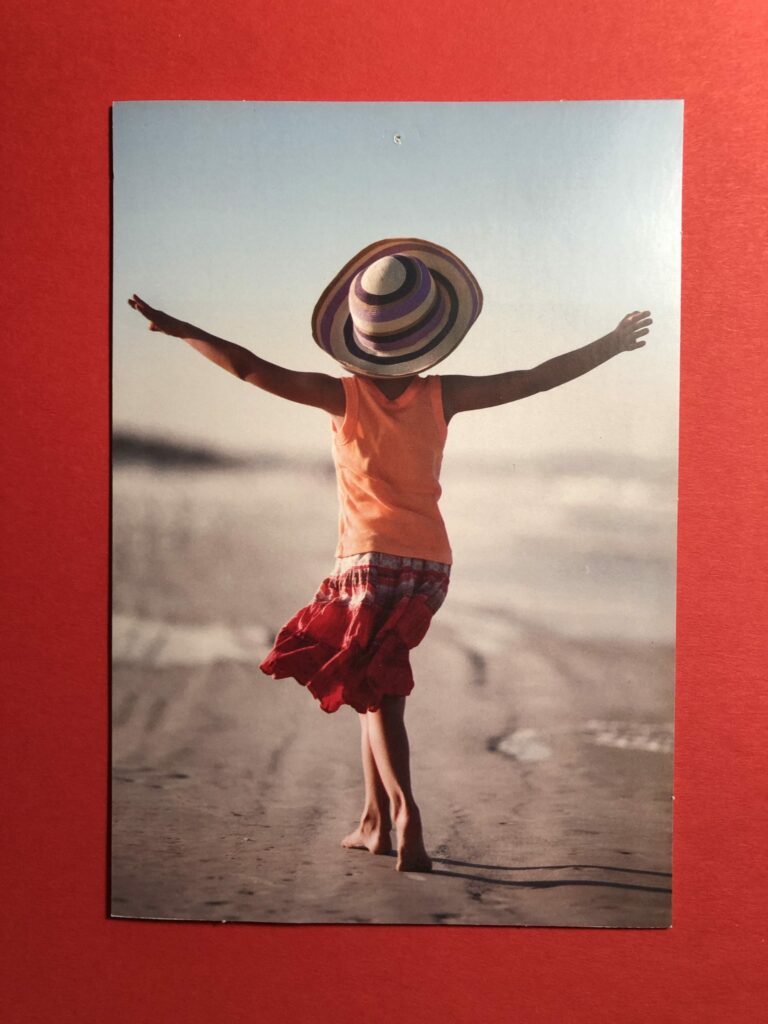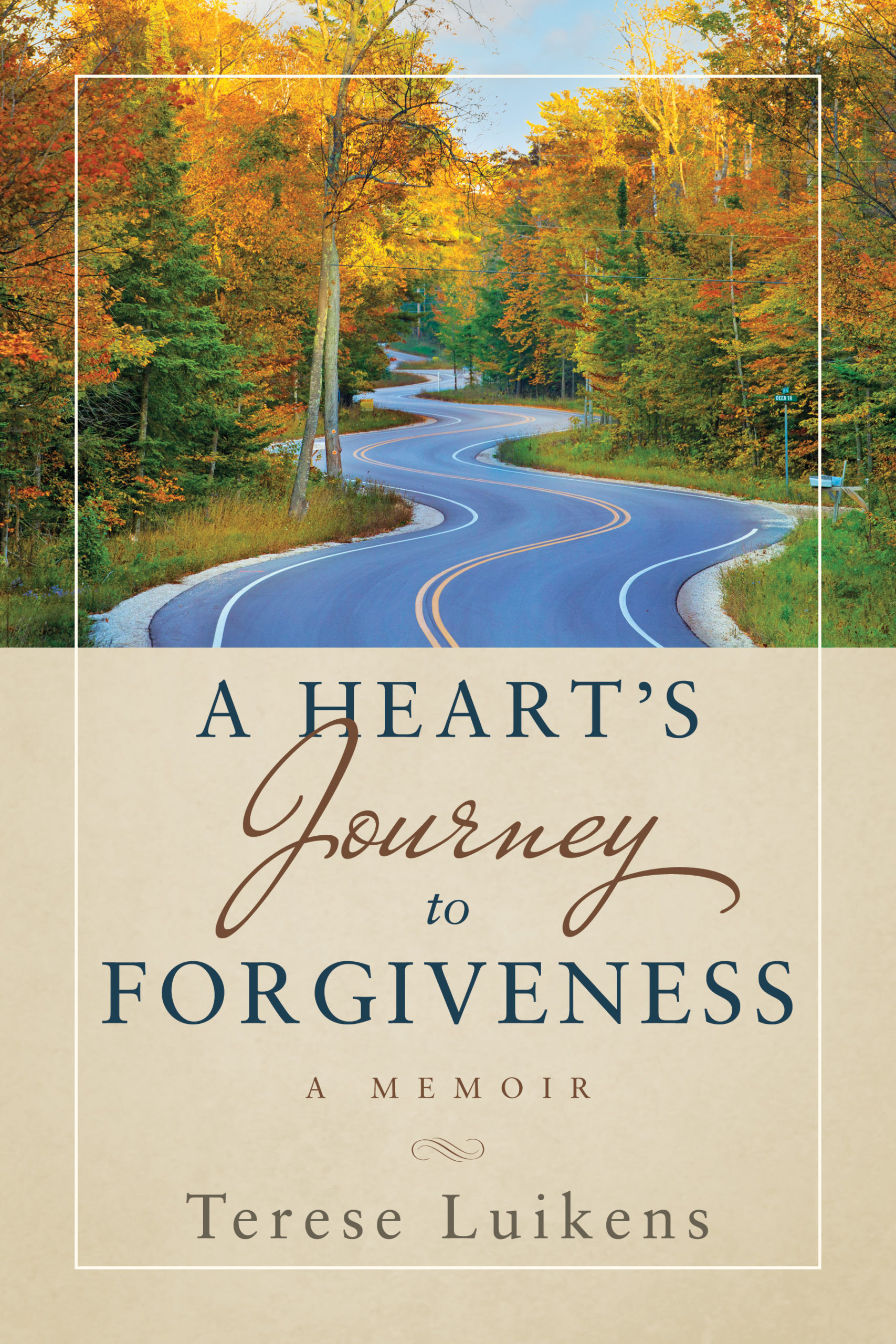
Why Bother Practicing Equanimity?
At the time of my father’s death by suicide, I’d not heard the term, “victim thinking.” But now, looking back at that period of time in my life, I was thinking and acting like a victim of my circumstances.
Poor, Poor, Pitiful Me
It was the worst of times. Not only had I lost my dad, but Mom, who was still around physically, had checked out emotionally. I wondered, who will rescue me from my despair, confusion and hopelessness? Who will show me the way out of this muck that has become my life?
I lacked the necessary knowledge to ask for help. Not only that, I assumed someone would take pity and lend me a hand. Surely, someone will notice my desperation. But, when no one came to my aid, I changed my perspective. Come hell or high water, I told myself, I’ll find my own way through the mire.
This kind of thinking altered everything about me. Instead of waiting around, I took charge. Rather than feeling powerless, I told myself I had the power to do whatever I needed to do. I feigned confidence when full of doubt. I personified an indifference toward hurt or rejection. I stood my ground displaying a tenacious spirit of independence. In short, I intimidated others before they intimidated me.
These two methods, victim thinking and prideful thinking helped me to survive and keep me alive. Eventually though, I knew there had to be something in-between these two extremes. Being a victim made me feel weak while feigning self sufficiency wore me down.
It was more than one friend who introduced me to the idea and practice of equanimity. I learned from them that fostering thoughts and actions of calmness, compromise and equilibrium does not happen suddenly, instantly or without a conscious effort. Developing an imperturbable nature is having the ability to notice what perturbs us and why.
For instance, when I am around others who think they are victims, I’m reminded that I too have had a victim frame of mind. As a result I might get anxious, disgusted, judgemental or even demand that the person rid themselves of such harmful thoughts.
But, I can also be composed in their presence. I don’t have to demand they change on my behalf. My equilibrium is not dependent upon what they do or do not do, what they say or do not say. My steadiness is dependent upon me and my ability to know that I have exactly what I need, even if they do not. I can always offer them my help, but they can also reject it.
Why bother practicing equanimity? Equanimity does not wear us down, isolate us from others or turn us into priggish people. Instead, equanimity allows us to walk with dignified balance.
New Release
